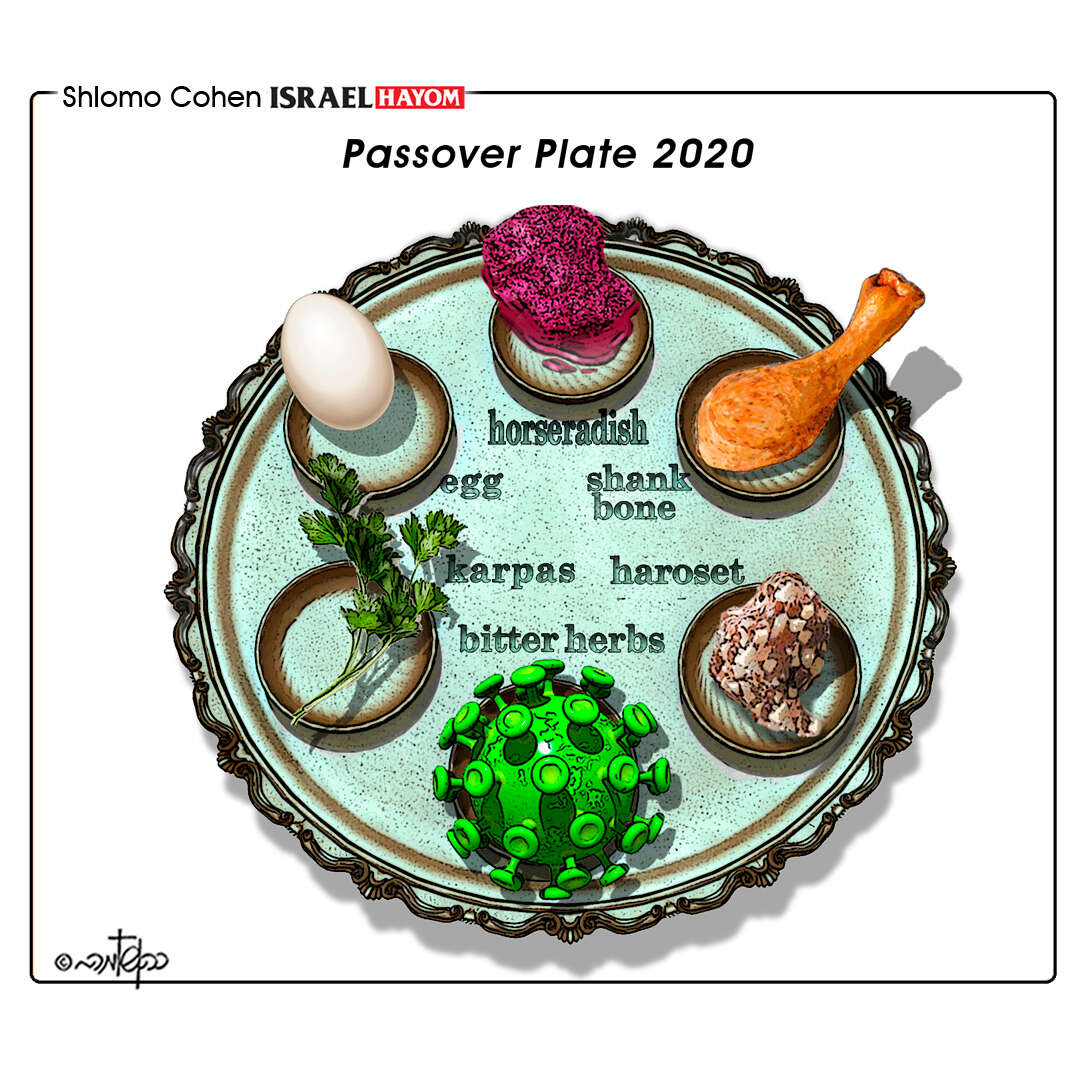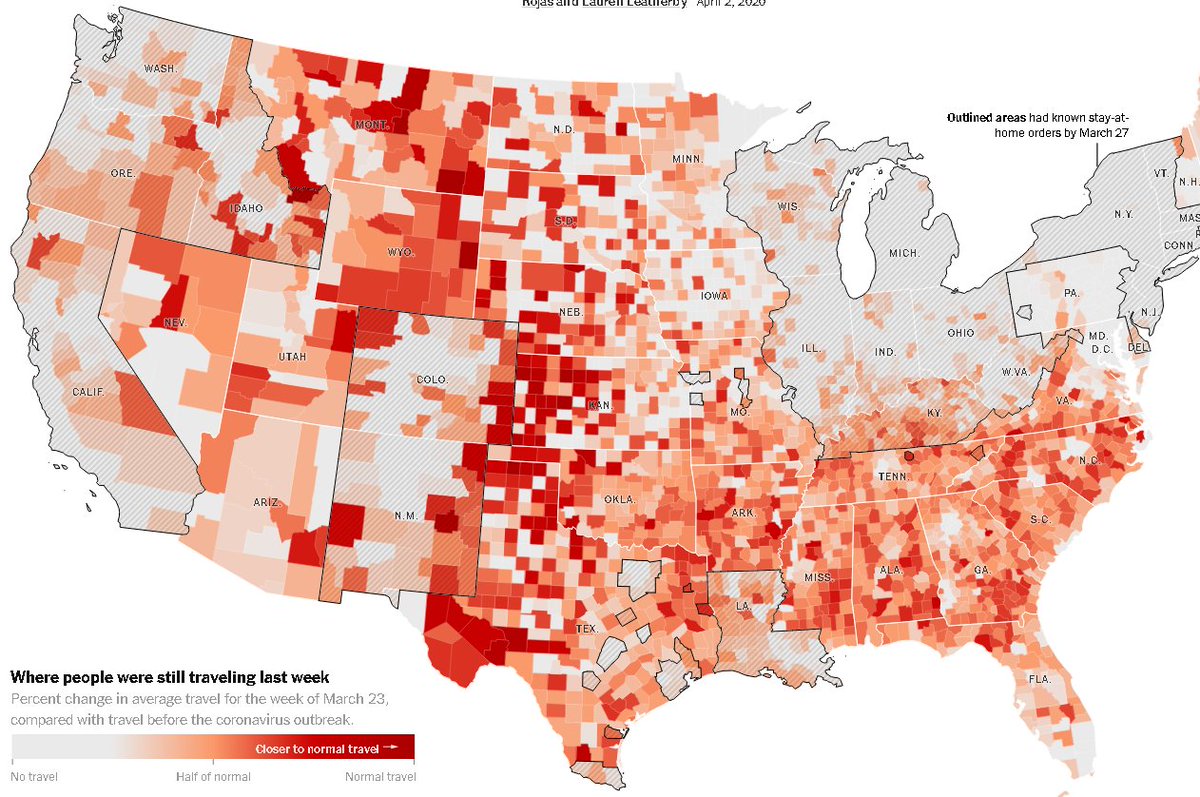The Last Resort: The Man Who Saved the World from Two Pandemics
Scandal, anti-Semitism, and experiments on human beings – when we opened this fascinating archive to have a look at the documents contained within, we could not have imagined how this incredible tale would unfold – the story of a Zionist scientist who was determined to save the world from the plague and cholera against all odds. Introducing Waldemar Mordechai Wolff (Zeev) Haffkine.Holocaust Remembrance Day can still be held communally despite coronavirus
Haffkine was born in the Russian Empire in 1860 in what is today the Ukraine. His life trajectory was determined as soon as he completed his studies in Switzerland in the late 19th century, when he decided to dedicate his life to the study of tiny organisms. At the time, Louis Pasteur was one of the best-known scientists in the field, and Haffkine decided to seek work at the Pasteur Institute in Paris. He was accepted but was given a job as a librarian, as that was the only available opening at the Institute. Bureaucracy, what can you do?
While Haffkine was working with experts like Pasteur and Ilya Mechnikov, cholera outbreaks in Russia and India emerged as a serious threat. Haffkine felt his time had come, and after tireless research, he managed to develop a cholera vaccine based on attenuated bacteria. People may have been dying in masses of a rampant pandemic, but no one stepped up to support Haffkine’s research. He decided to take a drastic step – a last resort to prove the vaccine’s credibility: Haffkine picked up a syringe full of an attenuated strain of cholera, inserted the needle into his arm, and injected the disease straight into his bloodstream. How many would have done the same?
After several days of suffering from fever and worrisome symptoms – the long-awaited turnaround arrived, and on July 30th, 1892, Haffkine reported his findings and the success of the vaccine to the Biological Society in France. But France and other European countries remained skeptical and suspicious of his methods, and refused to accept his results. At the time, European official medical establishments weren’t very enthusiastic about the idea of vaccines in general.
As measures to curb the coronavirus around the world keep people isolated in their homes, Jews are still able to commemorate the Holocaust together on Holocaust Remembrance Day as the social initiative project "Zikaron BaSalon" is now holding events online via Zoom.Coronavirus Passover: Why is this year different from all others?
"This year, even more than ever, we will mark Holocaust days and the heroes at home, in our private living rooms together with family members," said project founder Adi Altschuler.
In the past, Zikaron BaSalon – meaning "remembrance in the living room" – hosted events in private homes, where discussions were held on the Holocaust in attempts to keep the memories alive. Bridging the past to the present, the project has had over a million hosts in over 54 countries worldwide.
This year a website has been launched online so that hosts can hold events, since official events have been canceled, parades and tours have been stopped and Holocaust survivors have been told to stay home in order to stay healthy. "Despite all of this, it is important to hear the stories and testimonials of the survivors," said Altschuler.
On the website, special events can be found tailored to families, designed for kids and teens alike, as well instructions on how to have a Zoom meeting with grandparents or second generation family members.
As the Holocaust survivors are most vulnerable to the virus, the project will unfortunately proceed without their live testimonials, as the social initiative aims to protect them.
"It is the personal responsibility of all of us to commemorate the Holocaust Remembrance Day along with its heroes, listen to the testimonies and stories, in every way possible, even in today's reality – despite the coronavirus, so we will never forget," said Altschuler.
As the Health Ministry strives to stop the spread of the deadly coronavirus pandemic across Israel, it has issued a list of guidelines in conjunction with the Chief Rabbinate to help keep Israelis safe.
Why is this Passover different from all others before it?
This Passover:
1. We will celebrate in our own homes and only with our nuclear families.
2. None of our dishes or other utensils will be kashered and no hametz will be burned outside of our homes.
3. We will not hire outside cleaning help but will clean our homes on our own with store-bought bleach or other cleaning products.
4. We will order our groceries to be delivered.
“This Passover, send love remotely through Zoom or phone calls,” the ministry advised, adding that if for any reason people leave their homes, they should wear a face mask and stay two meters from anyone they encounter. The ministry said people should pray alone, refrain from taking walks in nature or anywhere more than 100 meters from their homes.
“Please obey the Health Ministry guidelines so that we can all celebrate together next year,” the Health Ministry wrote.




































.jpg)





